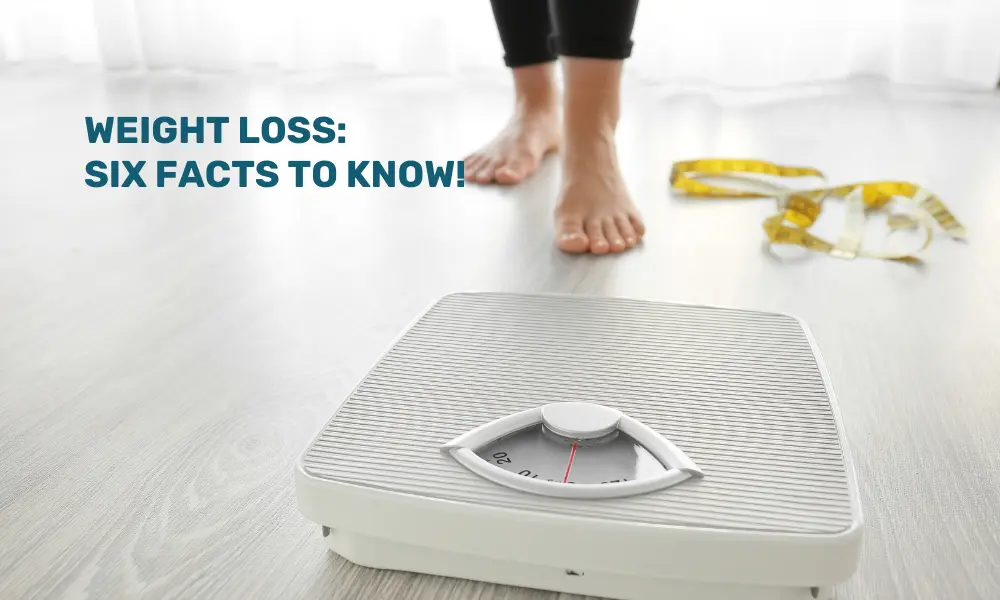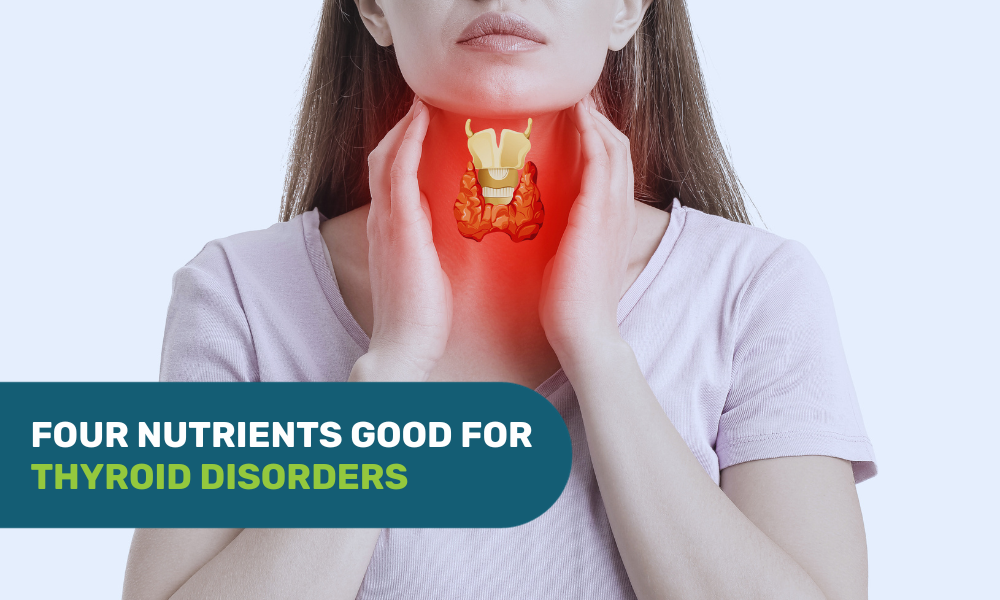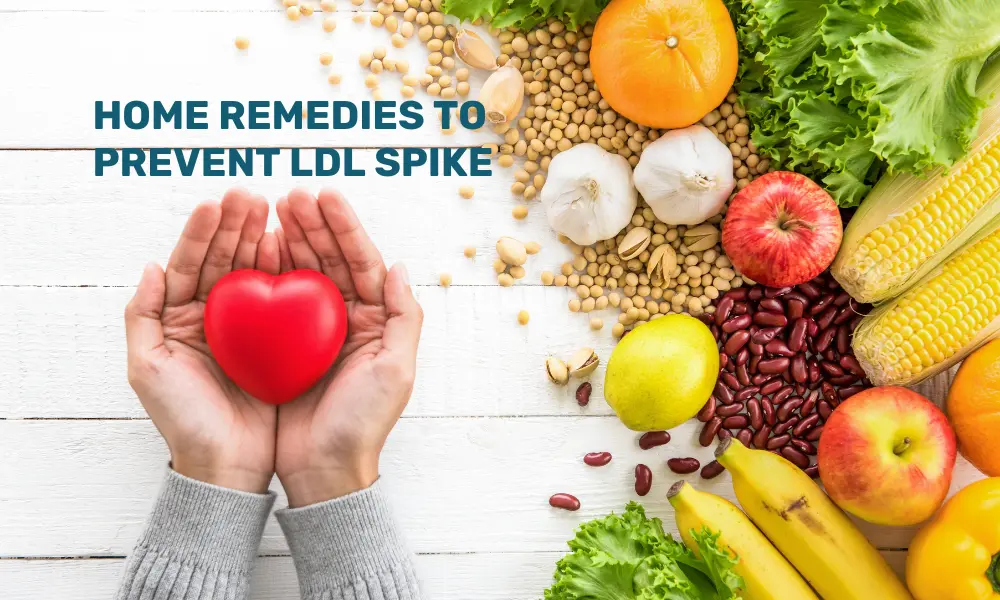The post-surgery period is critical, and one must pay closer attention to diet, nutrition, and resting well, as these are the key factors for a speedy recovery. Certain foods can enhance the healing and strengthening of the immune system. However, consuming the wrong foods may slow recovery and even increase problems. Therefore, it is crucial to follow a good diet post-surgery.
Our in-house expert, Dt. Aparna Pandey, MSC-Nutrition and Dietetics, shares a few dietary do’s and don’ts to be followed post-surgery:
Dietary Dos Post-Surgery
Stay Hydrated
-
Stay Hydrated! Water is necessary for recovery. This process will flush out toxins, regulate body temperature, and aid nutrient absorption.
-
Carry Hydrating Foods: Carry foods that contain the maximum amount of water, such as cucumbers, oranges, and Watermelon.
Protein-Rich Foods
-
Lean Proteins: Chicken, fish, tofu, and legumes are good sources of protein, which help repair tissues and build muscles.
-
Dairy Products contain protein and calcium, which are important for bone health. Dairy products are also rich sources of proteins, which help build strong muscles.
Fiber-Rich Foods
-
Eat whole grains: lentils, bread of the integral variety, and brown rice or oats will help avoid constipation, which usually accompanies each operation because it reduces physical activity.
-
Fruits and Vegetables: Apples, carrots, and broccoli are not only high in fiber but also rich sources of vitamins and minerals.
Vitamins and Minerals
-
Vitamin C tends to be found in high levels around citrus fruits, strawberries, and bell peppers; vitamin C helps build immunity while also helping with wound healing.
-
Zinc: This mineral is essential for immune function and tissue repair, so include zinc-rich foods like nuts, seeds, and beans in your diet.
Healthy Fats
-
Omega-3 Fats: Salmon, flaxseed, and walnuts are rich sources of omega-3 fatty acids, which help reduce inflammation and support healing.
-
Saturated Fats: Avocados and olive oil are rich in plant fats that energize you by supporting cell regeneration.
Bone Broth
High in Nutrients: Collagen, found in bone, is a source of amino acids that promote joint health and rehab.
Dietary Don’ts post-surgery
Avoid Sugary Foods: If you are looking to speed up the healing process, avoid sugary foods. Foods that are high in sugar can cause inflammation and weaken your immune system. So, steer clear of sugary drinks like sodas and fruit juices.
Fatty and fried foods? They are not the best for healing either. Trans fats, which are found in fried foods, baked goods, and processed snacks, can increase inflammation and slow down the healing process. Saturated fats, such as those in red meat and full-fat dairy products, can also hinder recovery. Therefore, it is best to limit your intake of these.
Spicy Foods: Now, let us talk about spicy foods. They might kick your taste buds, but they can also irritate your digestive tract, especially if you have had surgery on your abdomen. So, it is probably a good idea to steer clear of them for now.
Minimize Caffeine: Next up, caffeine. You might want to minimize your intake of it during the healing process. Why? Caffeine can dehydrate your body, which is not what you want when trying to heal. So, limit your coffee, tea, and energy drink consumption.
Alcohol: Here is a big one: alcohol. It is best to avoid it until your doctor gives you the green light. Why? Well, alcohol can interfere with your medications and slow down the healing process. So, it is better to stay away from it for now.
Processed Food: Lastly, let us talk about processed foods. They may be convenient, but they are often low in essential nutrients and packed with additives. And guess what? Those additives can hamper your recovery. So, it is a good idea to stick to whole, unprocessed foods for now.
Additional Tips for Post-Surgery Diet
-
Small, Frequent Meals: Eat small, frequent meals instead of large meals to prevent nausea and support digestion.
-
Listen to Your Body: Pay attention to your body’s clues to different foods and adjust your diet accordingly.
-
Follow Doctor’s Advice: Always follow your doctor’s dietary recommendations, which are tailored to your specific surgery and health condition.
In a nut shell
A well-balanced diet is crucial for a smooth and speedy recovery post-surgery. Focus on hydration, lean proteins, fiber-rich foods, and essential vitamins and minerals. Avoid sugary, fatty, spicy, and processed foods to minimize complications and support your body’s healing process. Following these dietary dos and don’ts can enhance your recovery and return to your normal activities more quickly and healthily. Consult a dietitian for professional help.





